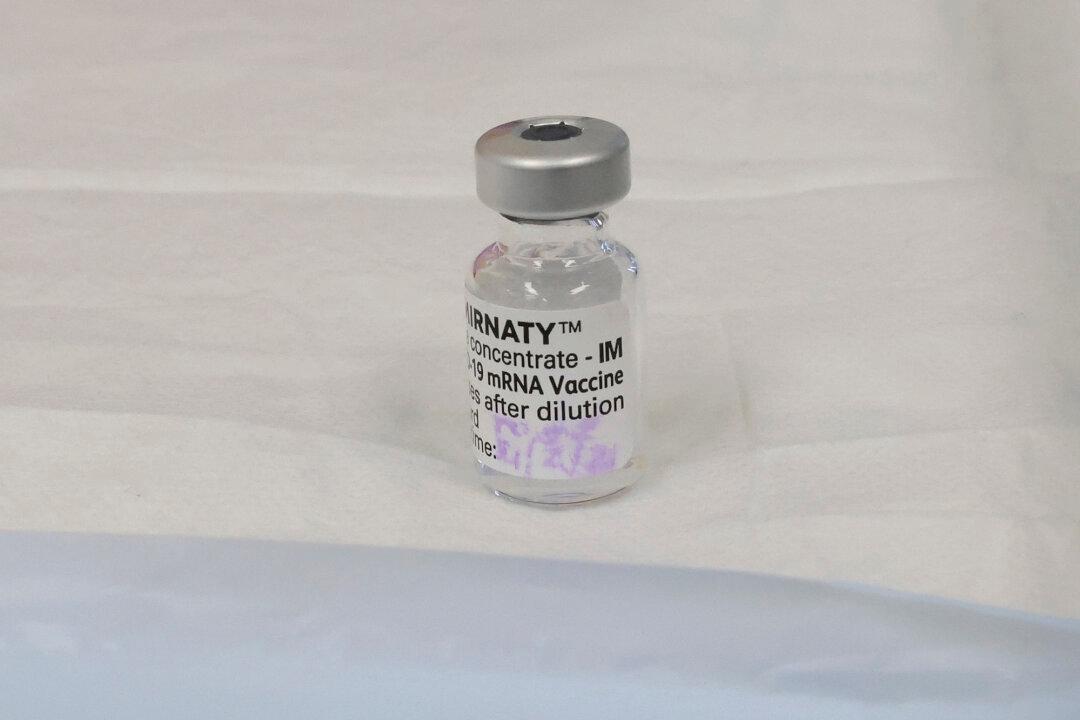Robert F. Kennedy Jr. has an article up on his personal website that gives fascinating insight into the retraction of his piece “Deadly Immunity” by Salon.com, including a letter from the site’s founder. In his letter to Kennedy last month, Salon.com founder and former editor-in-chief David Talbot condemned Salon’s retraction of Kennedy’s 2005 article on the government cover-up of harm - such as autism and other developmental disorders - caused by thimerosal. The piece was retracted in 2011 by Salon’s then-editor Kerry Lauerman, who said at the time, “We’ve grown to believe the best reader service is to delete the piece entirely.” Talbot slammed Lauerman’s decision, saying - among other criticisms - that it “smacks of editorial cowardice”:
I was dismayed when I first heard that Salon had removed your article about the hazards of thimerosal from its web archives. As you know, I was no longer the editor of Salon when your article was published. And I am not an expert on the subject. But without taking a position on mercury preservatives in vaccines, I know enough about the debate -- and about the pharmaceutical industry’s general track record on putting profits before people, as well as the compromised nature of regulatory oversight in this country when it comes to powerful industries -- to know that “disappearing” your article was not the proper decision.





